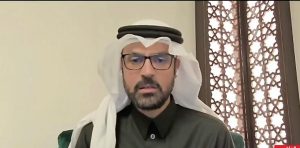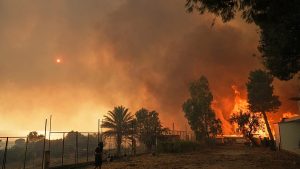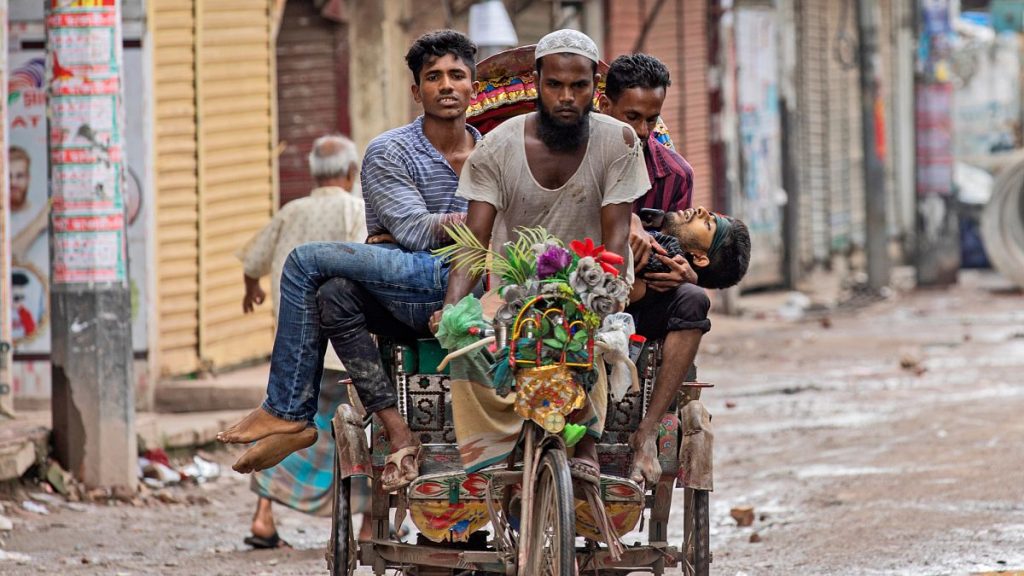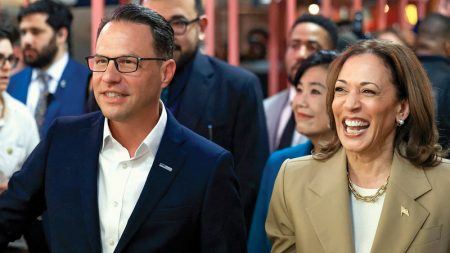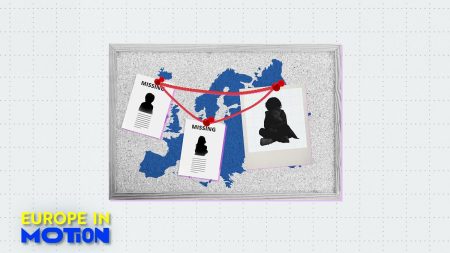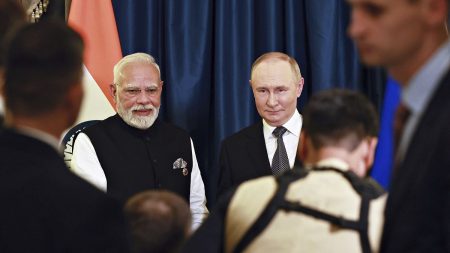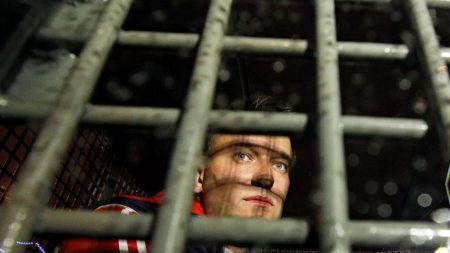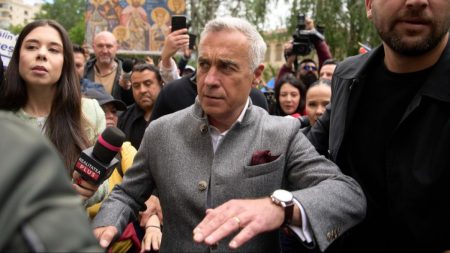Summarize this content to 2000 words in 6 paragraphs in Arabic
As many as 1,400 people were killed, mostly by the country’s security services, in demonstrations last summer against the now ousted leader Sheikh Hasina.
ADVERTISEMENTBangladesh’s former government could be guilty of crimes of humanity, after its crackdown on protests last summer left as many as 1,400 people dead, the UN Human Rights Office (OHCHR) has said. The student-led demonstrations against state corruption erupted at the start of July and continued until 15 August, when Sheikh Hasina, the country’s long-serving leader, fled to India. In a report published on Wednesday, the OHCHR said that Bangladesh’s intelligence and security services had “systematically engaged” in rights violations during the protests. Most of the 1,400 people who are thought to have died “were shot by Bangladesh’s security forces”, with up to 13% of them being children, the report said.It added that security forces had carried out “summary executions by deliberately shooting unarmed protesters at point blank range”. One of those believed to have been killed extrajudicially is Abu Sayed, a student leader who the report says was shot at least twice during a protest at Begum Rokeya University in Rangpur.Thousands more people were injured, and more than 11,700 were detained during the unrest. A total of 44 officers were killed last summer, according to Bangladesh Police. UN Human Rights Chief Volker Türk said the state’s brutal response to the protests was “a calculated and well-coordinated strategy” by Hasina’s government to cling onto power. “There are reasonable grounds to believe hundreds of extrajudicial killings, extensive arbitrary arrests and detentions, and torture, were carried out with the knowledge, coordination and direction of the political leadership and senior security officials as part of a strategy to suppress the protests,” he said. Türk said accountability and justice were essential for Bangladesh’s future.The OHCHR investigation was requested by Mohammad Yunus, a Nobel prize winner, who currently leads Bangladesh’s interim government. After the publication of the UN report, Yunus called on all state employees to hold to account anyone who had broken the law. The message came as OHCHR warned that it would not be easy to bring about reform, as employees appointed by the previous government could attempt to block change.“Many officials and people who had served or been appointed under the previous regime continue to function,” said Rory Mungoven, the head of the OHCHR’s Asia-Pacific region.ADVERTISEMENTLast week, protesters destroyed the house in Dhaka where Hasina’s father, Sheikh Mujibur Rahman, declared the country’s independence from Pakistan in 1971. They were angered by Hasina’s decision to give a speech from India that aimed to grow her support within Bangladesh.
rewrite this title in Arabic Bangladesh’s protest crackdown may be crime against humanity, says UN
مقالات ذات صلة
مال واعمال
مواضيع رائجة
النشرة البريدية
اشترك للحصول على اخر الأخبار لحظة بلحظة الى بريدك الإلكتروني.
© 2025 جلوب تايم لاين. جميع الحقوق محفوظة.

